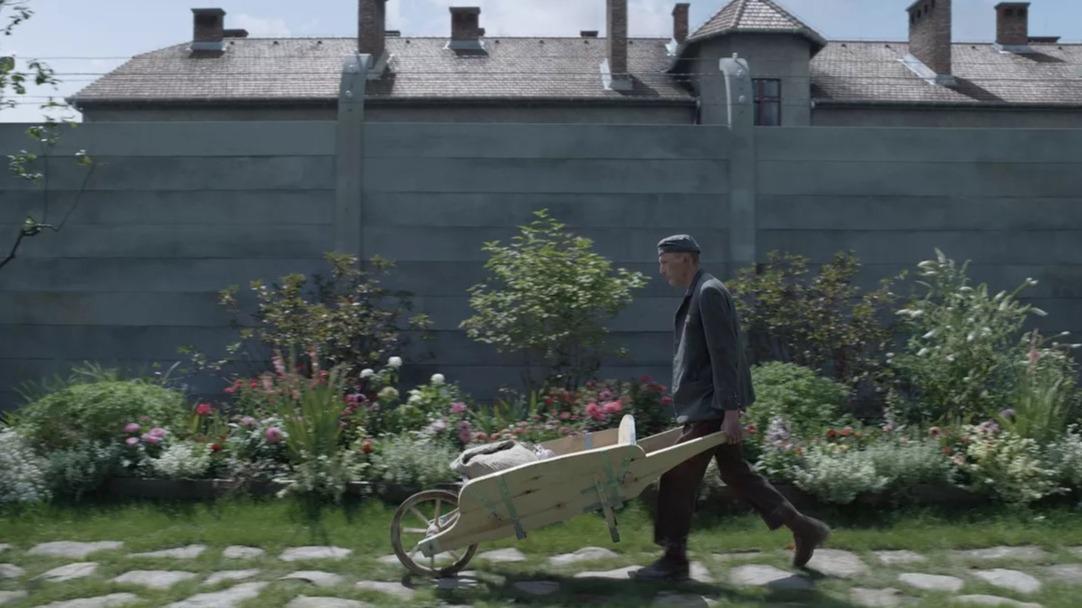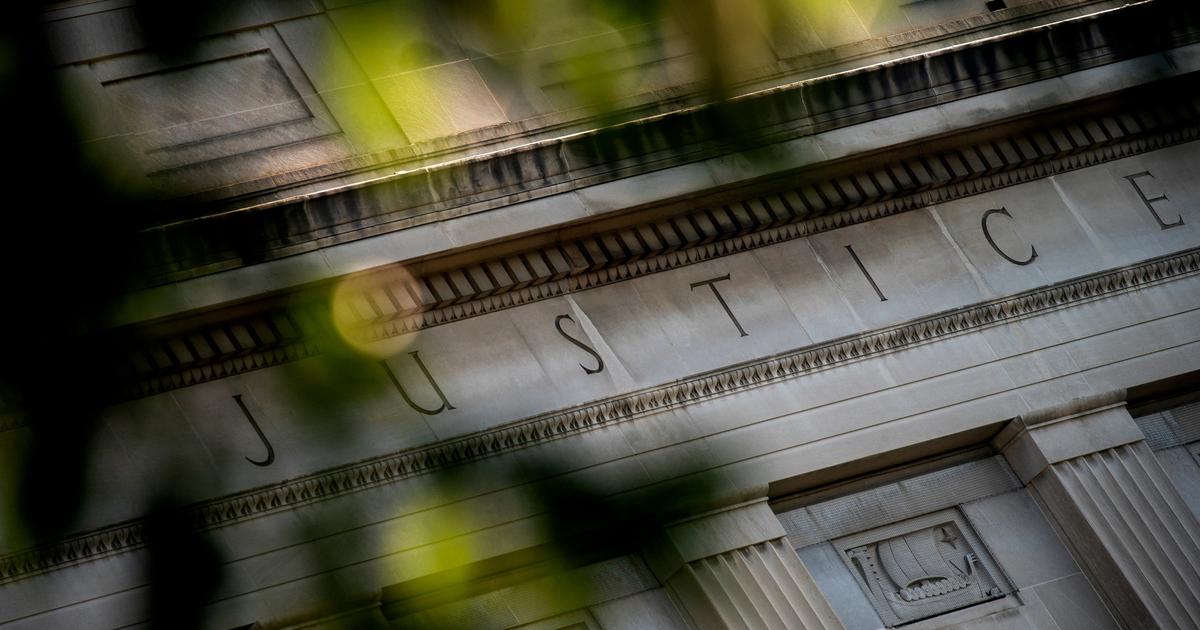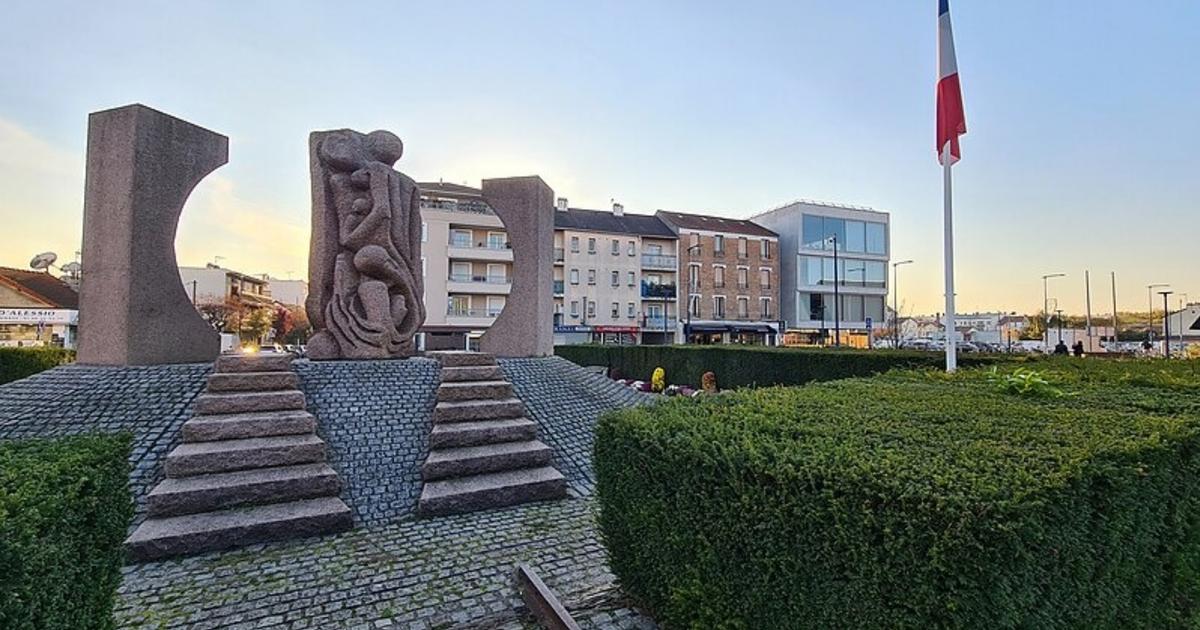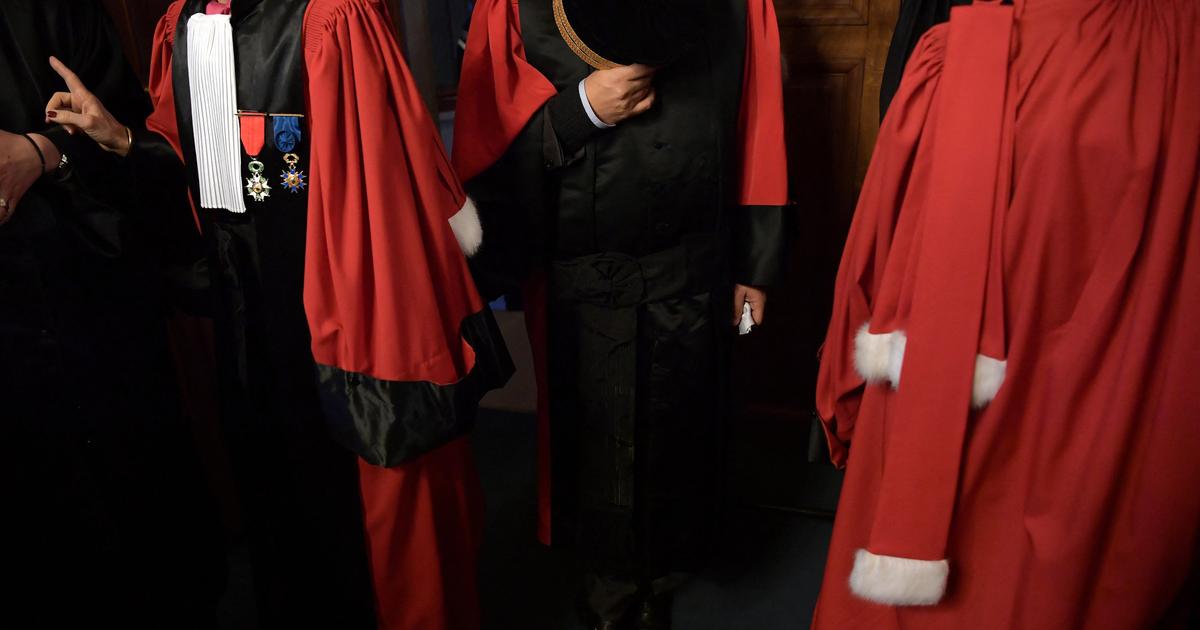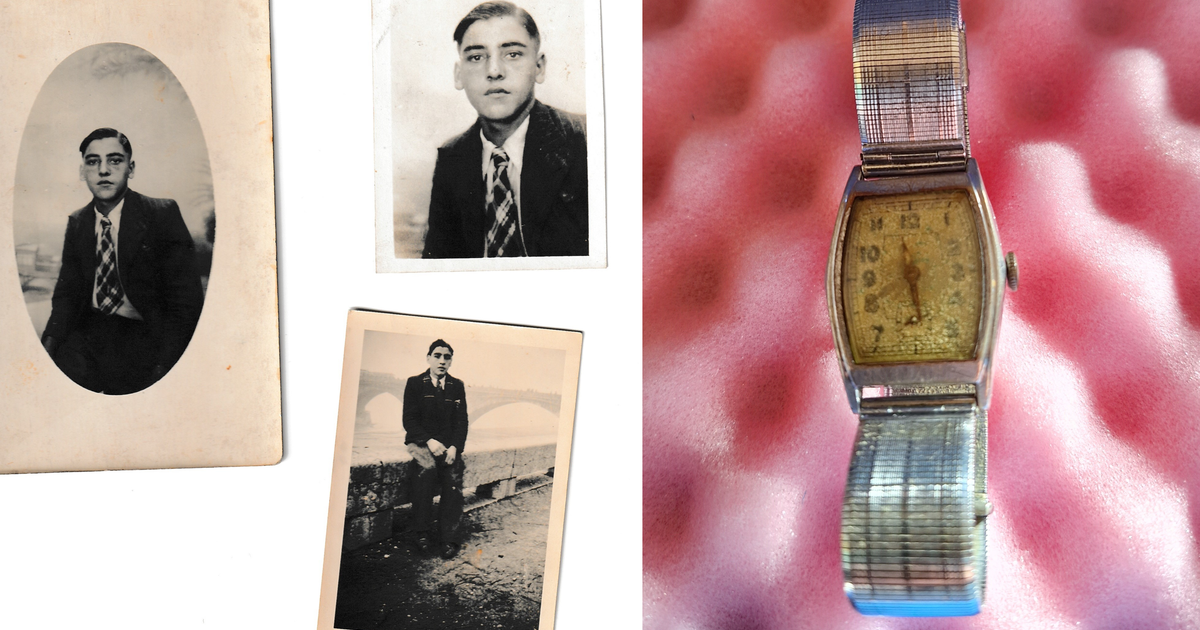“We now know that there is someone still alive 78 years later.
There could therefore be a trial for crimes against humanity for what lived the 20,000 expelled from the Old Port and those who were deported to Germany ”.
For Antoine Mignemi, 83, as for the other last survivors of the Marseille roundup in January 1943 or their descendants, the article by the Berlin correspondent of the New York Times, on February 9, had the effect of a bomb.
She revealed in fact that the Neuruppin prosecutor's office had just initiated proceedings against three former Nazis, including a centenarian former SS guard of the Sachsenhausen-Oranienbourg concentration camp, near Berlin, accused of complicity in 3,518 murders.
However, it is in this camp that had been deported 800 Marseillais, including 200 Jews, rounded up in the district of Saint-Jean, nicknamed “the small Naples”.
Twelve thousand others had been released after one to several weeks at the Fréjus detention camp (Var) but had found their home and the entire neighborhood, 14 ha and 1,500 buildings, totally blown up by the Germans with the help of collaborators, notably René Bousquet.
It was indeed the French police who had emptied the neighborhood of these inhabitants.
The ex-keeper could be "considered an accomplice"
In May 2019, seized by victims of the time, the Paris prosecutor's office had recognized this part of history as a "non-genocidal crime against humanity", therefore imprescriptible, and opened a preliminary investigation, entrusted to the gendarmes of the Central Office for the Fight against Crimes against Humanity, Genocide and War Crimes.
"The person prosecuted in Germany could be considered an accomplice in this crime, especially since in the complaint lodged by the survivors and their families, Sachsenhausen appears as a destination camp for these deportees", estimates Me Pascal Luongo, lawyer of the collective of January 24, 1943, which succeeded in reclassifying what had long been considered a war crime.
"We ask the French justice to obtain the elements of the German prosecution, in particular to confirm whether the dates of his presence in the camp correspond to the period 1943-1945," said Me Luongo.
In which case, she could be prosecuted as an accomplice in the deportation of the inhabitants of the Saint-Jean district.
There could therefore be a criminal trial in this case.
"
"A surprise to know that there are still survivors"
“It gives you goosebumps to know that there might be someone, a guard, who ran into my deported father.
The passing of time does not change the memory, but it's really a surprise to know that there are still survivors ”, says Claude Agresti, whose father, Roger, was sent at 21, via Compiègne, in Sachsenhausen where he will spend twenty-eight months.
“My father had been evacuated with his whole family, we never knew why he, precisely, had been deported to Germany.
He remained in Sachsenhausen until the arrival of the Soviets.
The camp guards then organized a death march in the snow, shooting down all the stragglers.
My father managed to escape by running with a few others, then he ran into the American army, ”continues Claude Agresti, who, with his brother Gérard, is also a civil party.
“He always told us about the horror, the arbitrariness, the tortures, the deportees reduced to slavery and the gratuitous murders that he had seen in the camp.
He was going to testify in colleges and even wrote down his memories of the period when his grandson was born ”.
Josette Chobet-Lombardi, who died in November 2020, was also a civil party on behalf of her father.
Denounced by a collaborating neighbor who had demanded in vain that he denounce the Jews of the neighborhood, his father Marius had also been sent to Sachsenhausen after the raid.
But he couldn't get over it.
"A trauma hidden for years"
The collective of January 24, 1943 gathered the last victims and their descendants on Saturday February 27 for a ceremony around the stele that they placed in 2020 in the Notre-Dame-des-Accoules church, which overlooks the shaved area of the 1st to February 19, 1943.
Morning essentials newsletter
A tour of the news to start the day
Subscribe to the newsletterAll newsletters
“What we expect from all this is not compensation, but that this story is taught to young people, in school books. Finding someone who may have participated in this crime is unexpected and may help to recognize this tragedy of 1943, ”concludes the survivor of the roundup Antoine Mignemi. “For everyone who lived through it, it remained a hidden trauma for years. Until the complaint three years ago, I had never been able to talk about it without sobbing. I am in the process of mourning, 78 years later. A trial would be a good thing, but given the age of this person, we had better go quickly. "



